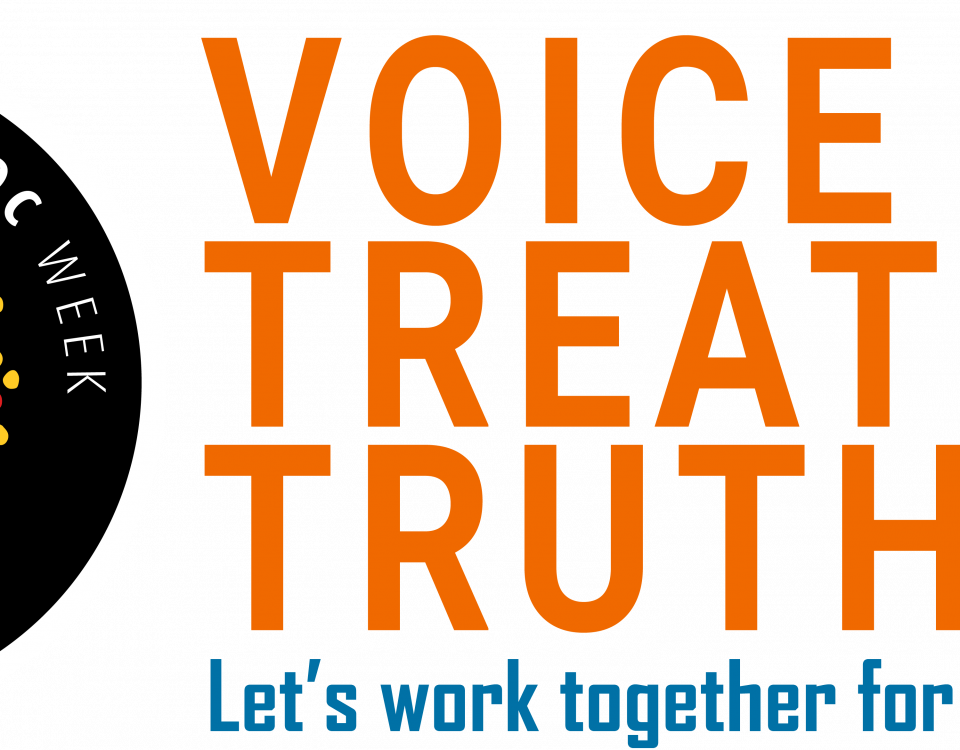Media Release – RFDS clarifies position on NT Medicare Local funding
July 24, 2014Ongoing debate, but no solution as yet for remote communities
July 31, 2014The debate about funding cuts to remote mental health services continues. The following article was published in the ‘NT News’ today: ‘Funding fight threat to vital health service’ (text reprinted below), while the Aboriginal Medical Services Alliance NT (AMSANT) has issued the following media release: AMSANT Media release 25 July 2014 (also reprinted below).
(*This blog post relates to previous posts: ‘Media Release – RFDS clarifies position on NT Medicare Local funding‘, ‘More questions about remote mental health service funding cuts‘, ‘Questions from Practitioners of Central Australia‘, ‘Response from NT Medicare Local regarding funding cuts‘, ‘The End for NT Indigenous Mental Health Service?‘, ‘Response to Warren Snowdon’s media release‘, ‘Media release re funding cuts from Warren Snowdon MP‘; ‘More on mental health funding cuts…‘; and ‘The loss of RFDS from nntaria – funding slashed‘)
Funding fight threat to vital health service
A THREE-WAY money stoush between the Commonwealth Government, the Royal Flying Doctor Service and Northern Territory Medicare Local has left a crucial desert mental health service in jeopardy. The Mental Health Services in Rural and Remote Areas program flies mental health specialists to southwest Territory communities to deliver culturally appropriate care, including therapy, counselling and brief interventions. This was to be the second year the RFDS operated the service – which came weekly or fortnightly – but it will walk away as of Thursday, citing terminal budget cuts of close to 50 per cent. NT Medicare Local, which commissions the service using the Commonwealth money, provided the flying doctor with $600,000 last year. A total of $140,000 was not spent. NTML boss Debbie Blumel said the RFDS was this year offered $320,000 plus the $140,000 “rollover money”, bringing the funding up to what was used last year. But blowing a hole in this year’s budget is the Commonwealth’s demand that rollover money from last year be paid back. Federal Health Minister Peter Dutton told the Centralian Advocate this month funding for the service had not been reduced. It may be technically correct but Ms Blumel said the loss of the rollover money flowed through the budget. Ms Blumel said the second blow for the service was the flying doctor service’s request that 38 per cent of the program funding – compared to the “reasonable” 21 per cent requested last year – be diverted from on-the-ground mental health assistance and set aside for operational overheads. “This is public money and it’s for mental health services to Aboriginals in remote communities,” Ms Blumel said. “For an organisation to want 38 per cent of that public money (for corporate overheads) is unconscionable and we can’t accept that.” RFDS Central Operations chief executive John Lynch said Ms Blumel had distorted the facts. “The percentages referred to by NT Medicare Local are that of the direct operational costs of program delivery, which include all non-salary costs such as vehicle lease, fuel and maintenance costs, insurance, accommodation, office costs etc,” he said. “The ‘administration’ charge in this is equivalent to just 5 per cent of the total program budget submitted.”
________________________________________________________
MEDIA RELEASE
AMSANT calls for action to avoid mental health service cut
25th July 2014
Aboriginal Medical Services Alliance NT (AMSANT) today called for urgent action to ensure that Aboriginal communities in the south-west region of Central Australia do not lose vital front line primary mental health services.
“The circumstances of the Royal Flying Doctor Service (RFDS) discontinuing the Mental Health Services in Rural and Remote Areas (MHSRRA) Program in the south-west due to a funding cut remain unclear”, AMSANT CEO, John Paterson said.
“What is clear is that we have to urgently get to the bottom of what has happened and ensure that there is no loss of frontline mental health services to these communities.
“Whatever the circumstances it appears that a successful preventative and treatment service built up over a number of years is now due to end on the 31st July.
“At the moment there are no other primary mental health services meeting the needs of the ten effected communities and over 50 outstations in Central Australia.
“It is unacceptable that these Aboriginal communities should face the prospect of a cut to an essential front line community service.
“We are aware of concern and anxiety within the effected communities and health services about the loss of the current service.
“We ask that the Commonwealth Government and Northern Territory Medicare Local (NTML) take urgent steps to ensure that there is no loss of frontline mental health services to these communities, and that service levels and quality are maintained.
“It is imperative that the government and NTML work closely with Aboriginal health services to achieve quality services in this critical area of need”, Mr Paterson concluded.
The MHSRRA program in the south-west of Central Australia is managed by the Northern Territory Medicare Local (NTML).
Issued by AMSANT. Click here to view pdf





